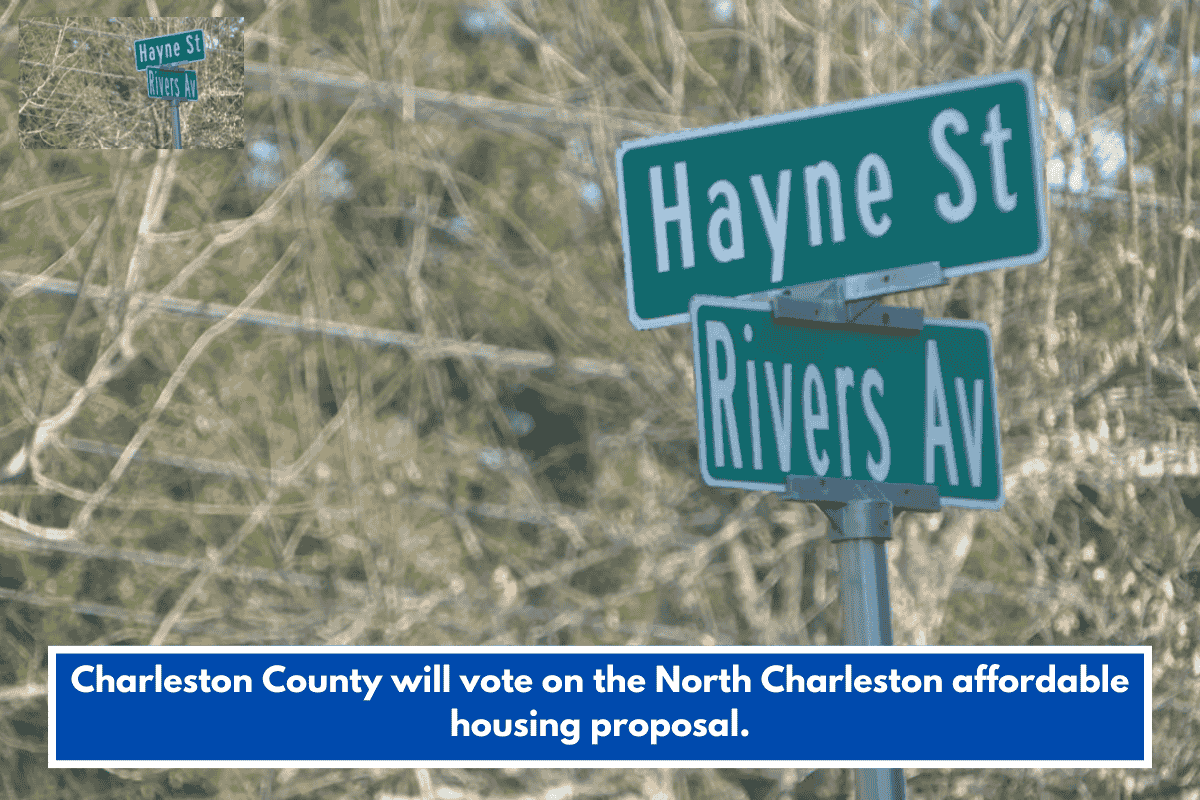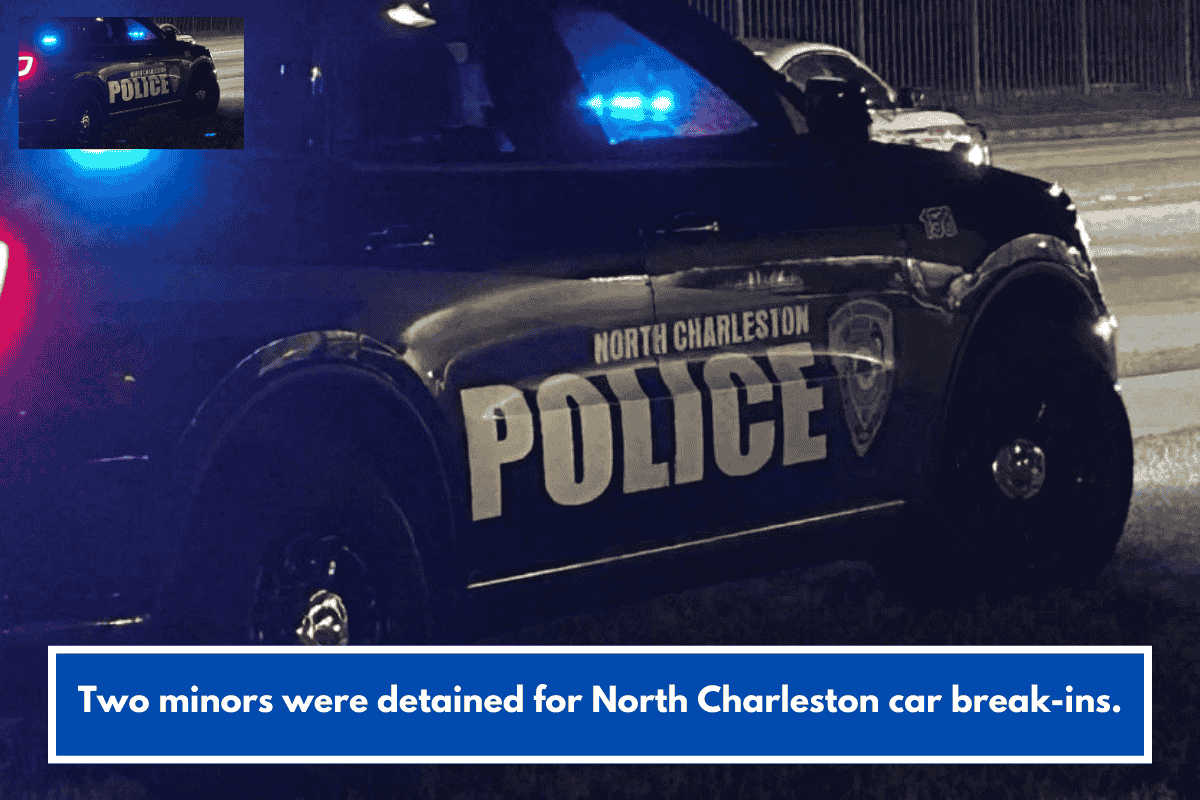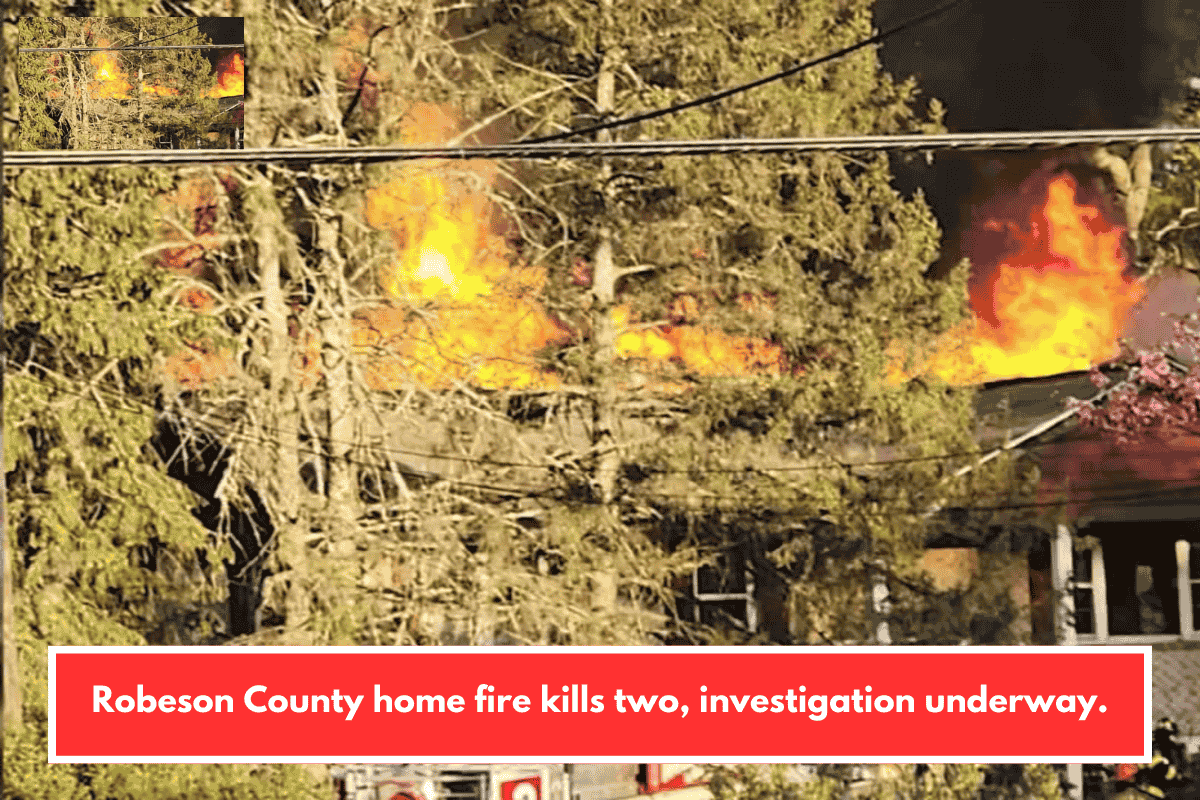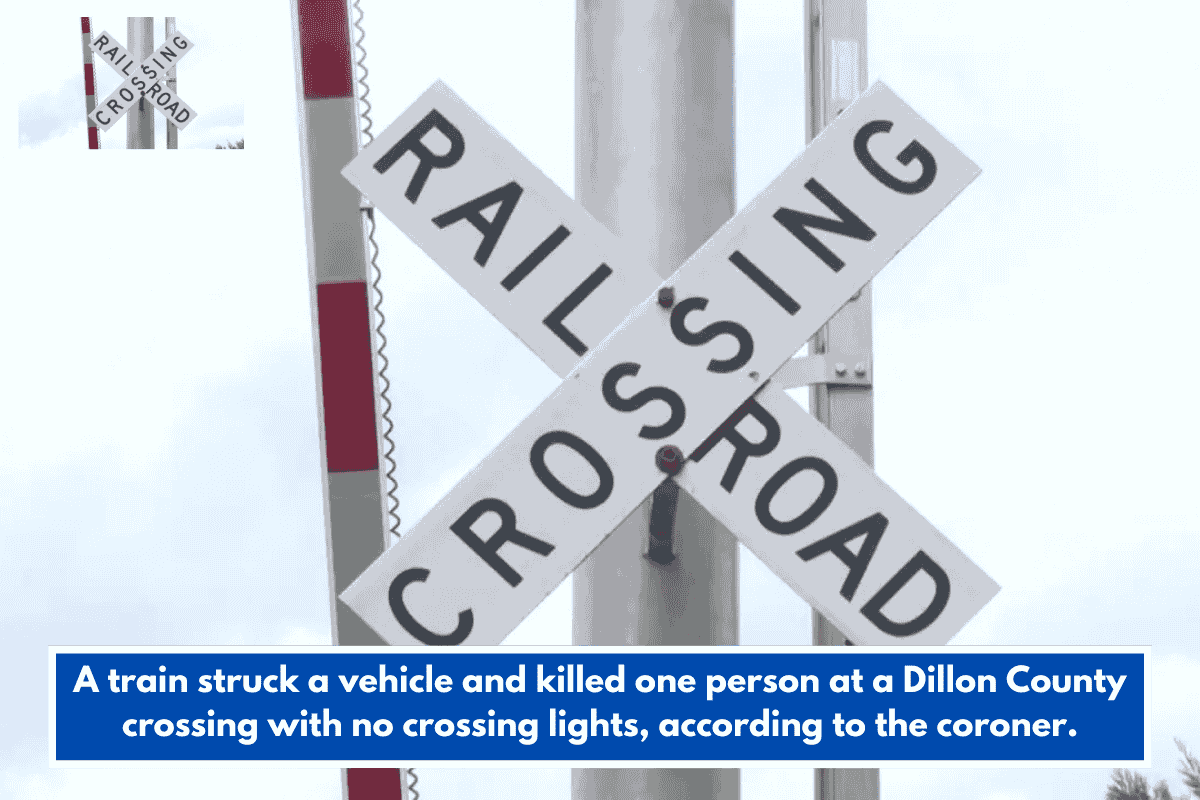The Charleston Housing Authority (CHA) is facing a frustrating roadblock in its plans to renovate and rebuild hundreds of aging public housing units across the city. Despite big goals and growing urgency from tenants, progress has been slow due to a lack of crucial funding—most notably, millions in federal tax credits denied year after year.
Funding Shortages Stall Public Housing Projects in Charleston
Over the past five years, CHA has repeatedly applied for federal Low-Income Housing Tax Credits through S.C. Housing but has been denied each time, according to Pete Sherman, the agency’s Director of Development. These credits are vital to the success of their large-scale redevelopment plans, especially in high-cost areas like downtown Charleston.
“It’s challenging to apply for, but when you’re trying to redevelop on a peninsula, the costs are so high that it becomes a real hurdle,” said Sherman.
Because redevelopment in inland or rural areas is much cheaper, S.C. Housing has often prioritized those applications instead, even during years when extra funding was set aside.
Residents Growing Frustrated With Delays and Conditions
Tenants like Brittany Muckelvaney at Gadsden Green say they’re tired of hearing about funding problems while they continue to live in unsafe and outdated homes.
“We’re the ones back here trying to make our pennies stretch,” she said. “With the funding you do have, use it wisely. Hire people with a plan and make real changes.”
Photos and reports from various CHA properties have highlighted severe maintenance issues—from collapsed ceilings and water leaks to what residents believe to be mold and roach feces. Some residents say they’ve waited weeks for repairs involving rats and unsafe living conditions.
Although the housing authority claims repairs are addressed within 24 to 48 hours, many residents say their experiences suggest otherwise.
Plans for Major Redevelopment Still Uncertain
Here’s a look at Charleston Housing Authority’s top redevelopment goals—pending future funding:
| Property | Plans | Status |
|---|---|---|
| Gadsden Green | Full redevelopment | Waiting on funding |
| Cooper River Courts | Full redevelopment | Planned |
| Wraggsborough | Full redevelopment | Planned |
| 275 Huger Street | Replace 12 units with 77 new units | Planned |
| Meeting Street Manor | Partial redevelopment | In planning |
| Meeting Street Extension | 73 units to be gutted and renovated | Sewer/water work ongoing |
| Kiawah Homes | Complete rest of renovation project | $11M project, due March |
| Robert Mills Manor | Renovate ~200 units | Pending |
| Johns Island, West Ashley, James Island | 56 units already renovated | Completed |
Creative Funding, But Still Not Enough
Despite the setbacks, CHA is looking for creative ways to fund projects, including national bonds and renewed applications for tax credits. But the reality is, without consistent outside support, they remain limited in what they can achieve.
Sherman believes Charleston should be a funding priority, given its large public housing population.
“We definitely should be getting some priority and getting these tax credits,” he added.
Mayor’s Goal: 3,500 Affordable Units by 2031
Charleston Mayor William Cogswell has committed to building 3,500 affordable housing units by 2031, with over 800 units under CHA included in that number. However, CHA officials say actual completion dates are still unknown.
Legal Counsel Aris Ferguson said they expect clearer plans soon.
“The mayor has said he plans to come back to us in about 60 days or so with some more definites,” Ferguson said.
Tenants Want Communication, Not Just Promises
Beyond the repairs and redevelopment, residents like Muckelvaney say they need better communication. Too often, they say, residents are given little notice before being asked to move or prepare for major changes.
“Let us know what we’re looking at. Don’t just drop a letter in the mail giving us 30 days to pack up and move,” she said.
Charleston’s public housing residents are caught in a long wait for the repairs and respect they deserve. With aging infrastructure, tight budgets, and denied funding applications, the Charleston Housing Authority faces a tough road ahead. However, with continued pressure from tenants, creative financing, and clearer collaboration with city leaders, there’s still hope that real progress is on the horizon—especially if officials follow through on their promises and start putting people first.














